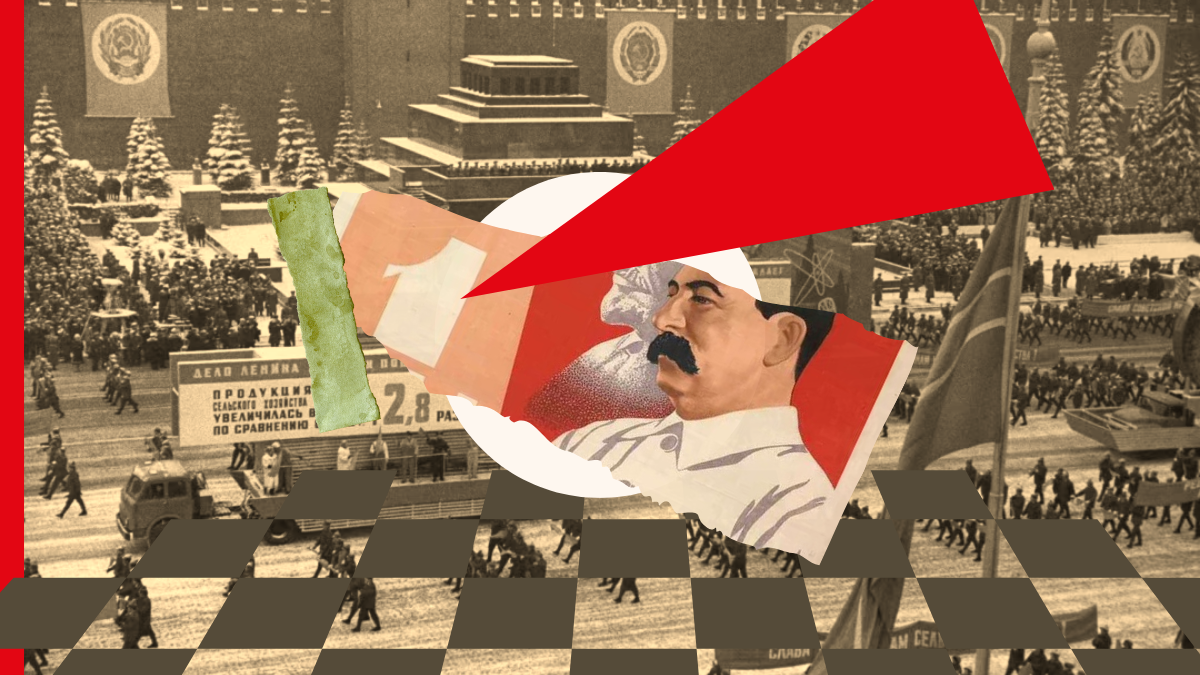Moscow Calling – July 5
Russian government has no plans to reinstate the “nationality” field in passports
The Russian Ministry of Internal Affairs has stated that a nationality field is not required in passports, as it is not necessary for identifying individuals, TASS reports. According to the news agency, the idea of reinstating the “nationality” field is periodically raised by representatives of indigenous minorities, although in the propaganda media such calls are most often heard from propagandists and supporters of the Russian world. According to the Russian Interior Ministry, citizens have the right to indicate their nationality in other official documents. The ministry emphasized that nationality is determined on the basis of self-identification and may change during a person’s lifetime. The Russian Constitution does not set any restrictions on the choice of nationality. The nationality field was removed from passports in 1993 after the adoption of the new Constitution. Notably, in Russia, “nationality” and “ethnicity” are often interchangeable, especially in everyday life and official statements, and against the backdrop of significant human losses during the war with Ukraine and the seizure of Ukrainian territories, the Russian authorities hope to cope with the demographic crisis by Russifying Ukrainians (TASS).
Academician Chubaryan: new history textbook forms “spiritual bond between generations,” reflects traditional values
A new Russian school history textbook, created according to a unified state concept, is intended not only to systematize teaching, but also to form a civic identity in schoolchildren based on a “spiritual bond between generations,” Alexander Chubaryan, Director of the Institute of General History of the Russian Academy of Sciences, said. According to him, textbooks on Russian history and world history are now synchronized, free from extreme ideological interpretations, and include balanced assessments of 20th-century events, from the revolution to the Civil War. Chubaryan also noted that the textbook takes into account modern scientific approaches and rejects Eurocentrism, including expanded sections on Asia, Africa, and Latin America. It reflects “traditional values” such as Orthodox Christianity, a statist approach, and moderate conservatism, he notes. According to him, the textbook emphasizes the role of the teacher as a conduit for different historical perspectives. The Russian authorities intend to promote the new textbook in the annexed territories, replacing the previous “anti-Russian” versions of history (TASS).
Israel’s electronic warfare is a model for future threats to Russia, Dugin warns
Russian philosopher Alexandr Dugin, who is considered to be one of the Kremlin regime’s chief ideologues, notes in his article on RIA Novosti that since 2023, Israel has radically changed the nature of modern warfare by using advanced network and cyber technologies. According to him, the key factor has been the use of total electronic surveillance, which allows any device — phones, pagers, even intercoms and elevators — to be monitored and used as weapons. Deepfake technology, drones, GPS-guided precision strikes, and the elimination of Hamas, Hezbollah, Iranian, and Syrian military leaders have demonstrated the effectiveness of this new approach, Dugin said. According to him, Israel was able to shift the balance of power without large-scale ground operations, and military actions were accompanied by an information and psychological attack. Alexander Dugin, a staunch supporter of promoting the Russian world far beyond the borders of modern Russia, expresses concern that similar technologies could be used against Russia, especially given the activity of the West and Ukraine. He believes that Russia must answer the question: does it have symmetrical means of waging such a hybrid war and adequate protection against it? Otherwise, the new network strategy could become a fatal threat in future conflicts, he stressed (ria.ru).

